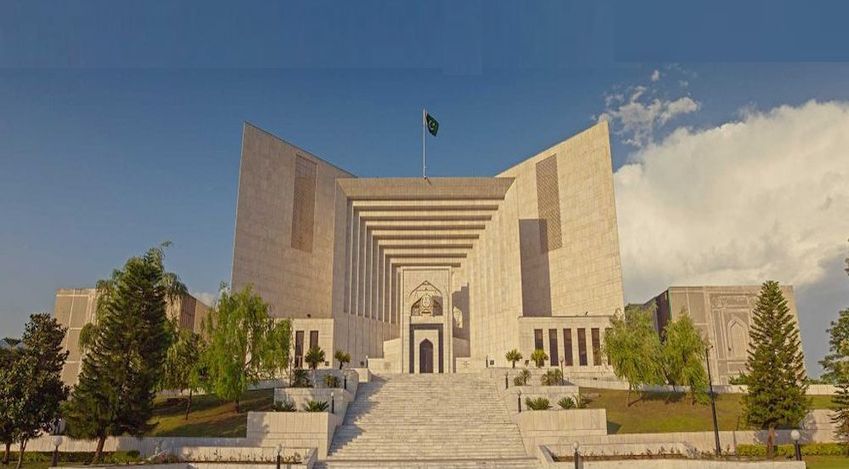A Properly executed Promissory Note is Legally Binding without Attestation --- Supreme Court of Pakistan
Islamabad 22-02-2025: The Supreme Court of Pakistan has dismissed Civil Petition for Leave to Appeal [CPLA No. 1618 of 2024], affirming the Peshawar High Court’s decision in a financial dispute over a promissory note. The Court ruled that the Petitioner, failed to provide a substantial legal defense and upheld the decree in favor of the respondent.
The dispute originated when respondent filed a summary suit under Order XXXVII, Rules 1 & 2 of the Code of Civil Procedure, 1908, for the recovery of Rs.1,962,000/- based on a promissory note. The Trial Court decreed the suit on February 29, 2020, granting relief of Rs.1,892,000/- plus Court fees, while dismissing claims for counsel fees and miscellaneous expenses. The Petitioner’s appeal [R.F.A. No. 53-D of 2020] was rejected by the Peshawar High Court on March 6, 2024, prompting the present petition before the Supreme Court of Pakistan.
The Court reaffirmed that Section 4 of the Negotiable Instruments Act, 1881, sets out four essential conditions for a promissory note:
- Unconditional undertaking to pay
- Specific sum of money
- Payment to a designated person or bearer
- Maker’s signature
Since these requirements were met, the promissory note was valid and enforceable without requiring attestation under Article 17(2)(a) of the Qanun-e-Shahadat, 1984. Sheikh Muhammad Shakeel Vs. Sheikh Hafiz Muhammad Aslam (2014 SCMR 1562)
The Petitioner initially denied any financial dealings with the Respondent but later claimed a joint business venture in sugarcane trade. The Supreme Court of Pakistan ruled that self-contradictory defenses weaken credibility and instead supported the Respondent’s claims. (PLD 2006 SC 602): A party must maintain consistency in pleadings; contradictions lead to an adverse inference.
Under Order VIII, Rules 3, 4 & 5 of the Code of Civil Procedure, 1908, a defendant must specifically rebut each claim. The Petitioner’s vague and evasive denial was deemed an admission of liability. Muhammad Ashraf Vs. Abdul Ghafoor (1999 SCMR 2633): Evasive denial is legally ineffective and may be treated as an implied admission.
Once the Respondent produced documentary and oral evidence, the burden shifted to the Petitioner to disprove the claim. However, the Petitioner failed to present strong rebuttal evidence. (2020 SCMR 338): If the plaintiff establishes a prima facie case, the defendant must provide concrete proof to counter the claim.
The Trial Court and High Court thoroughly examined the evidence, and their concurrent findings were based on sound legal reasoning. The Supreme Court of Pakistan rarely interferes in such cases unless there is a gross misappreciation of evidence. (2021 SCMR 1304): Concurrent findings by lower Courts are upheld unless manifestly erroneous.
The Supreme Court of Pakistan found no substantial question of law warranting review under Article 185(3) of the Constitution of Pakistan, 1973, and refused leave to appeal. The decree in favor of respondent stands, and petition was dismissed. (PLD 2017 SC 53): Leave to appeal is granted only if there is a substantial legal question requiring Supreme Court of Pakistan intervention.
This ruling reinforces the principles that:
- A properly executed promissory note is legally binding without attestation.
- Vague and inconsistent pleadings weaken a defendant’s case.
- Evasive denial is legally ineffective.
Lower Court rulings based on strong evidence will be upheld.
Powered by Froala Editor








